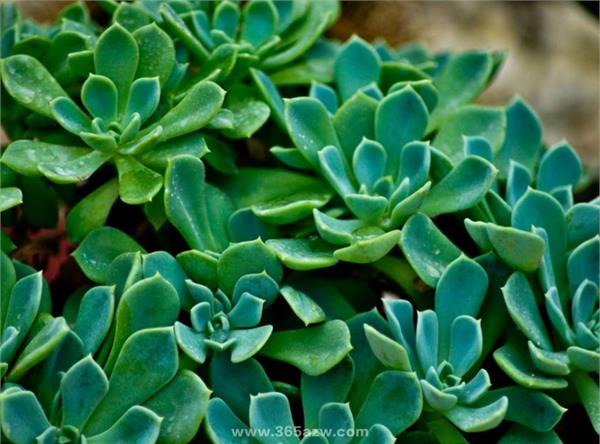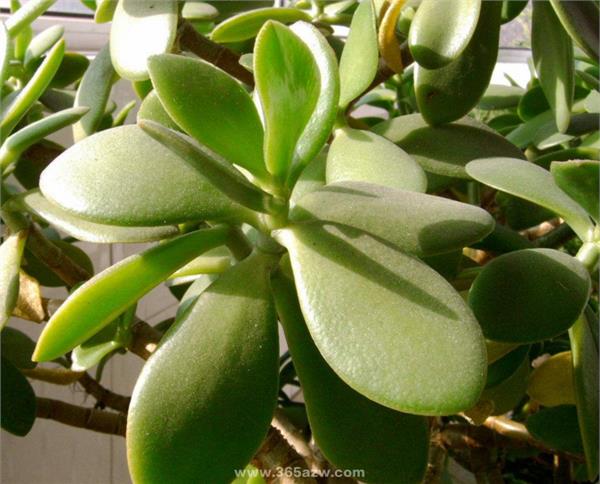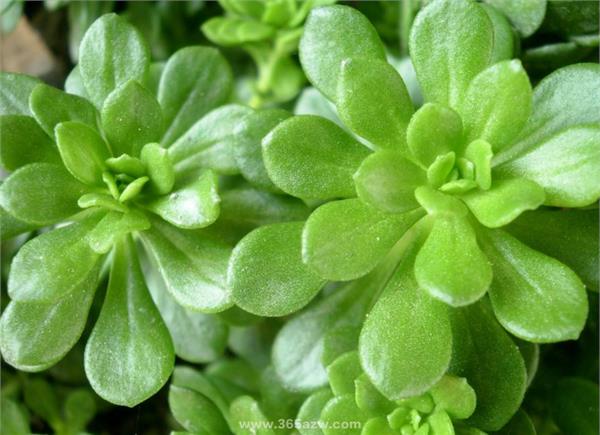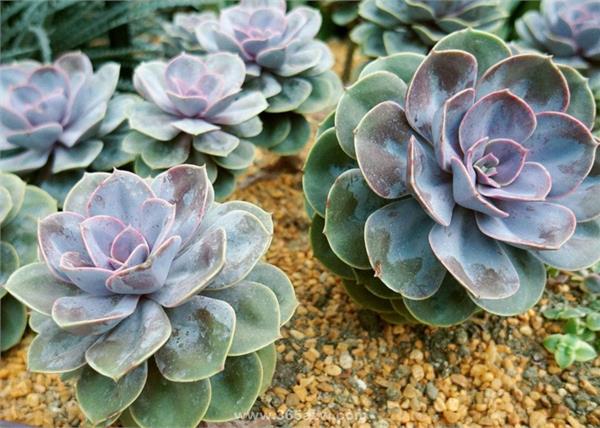Cultivation method of thick-skinned plant
Thick skin is a kind of bonsai shrub, which is native to South Africa. The thick-skinned fleshy thick leaves are shaped like precious stones, the branches overlap and cluster together, and the rosette-shaped leaf plate is named because it resembles a blooming lotus flower. It is known as "the flower that will never wither". Let's introduce the culture methods of thick-skinned plants.

Culture methods of thick-skinned plants
1. Soil
Thick-skinned plants come from Africa, where land is generally exposed to sunlight, so thick-skinned plants like rich, loose and well-drained sandy soil.
2. Moisture
The thick-skinned plant is fleshy because its growing environment is lack of water, so it is very drought-resistant, so we should not pour too much water on it, otherwise the root of the thick-skinned plant is easy to rot.

3. Lighting
Growing up in South Africa, you are bound to love the sun, so if you want to see it bloom, it is best to keep it in a place that can be exposed to the sun all the year round, of course, this is not for him to be exposed to the sun directly.
4. Temperature
Thick-skinned plants have no special requirements for temperature, as long as other plants can survive, it can also, of course, it stops growing when it is less than 10 degrees, so we must remember to transplant thick-skinned plants into the house for breeding in winter.

5. Planting
The reproduction of thick-skinned plants is special, generally using the method of cutting, selecting well-developed strips of paper, pruning and drying and planting them into the soil, they can survive.
6. Change the basin
Thick-skinned plants need more nutrients during their growth, so they usually have to replace the soil again after 1 to 2 months.
7. Fertilizer application
When choosing the soil, we can add some fertilizer into the soil, such as soybeans fermented into the soil, which is a very good fertilizer.

Are thick-skinned plants poisonous?
Thick-skinned plants are non-toxic, can be fed and managed, and are very suitable for home breeding, full of vitality, and can create a pleasant and warm home life. In addition, it also has a certain medicinal value, with the role of removing deficiency heat, hemostasis, detoxification, and can treat sprain, bleeding, joint pain, scald, cough and so on.
Related
- Wuhan Hospital Iron Tree Blooming Result Was Instantly Frightened by the Gardener Master
- Which variety of camellia is the most fragrant and best? Which one do you like best?
- What is the small blue coat, the breeding methods and matters needing attention of the succulent plant
- Dormancy time and maintenance management of succulent plants during dormancy
- Minas succulent how to raise, Minas succulent plant pictures
- What are the varieties of winter succulent plants
- How to raise succulent plants in twelve rolls? let's take a look at some experience of breeding twelve rolls.
- Attention should be paid to water control for succulent plants during dormant period (winter and summer)
- Watering experience of twelve rolls of succulent plants
- Techniques for fertilizing succulent plants. An article will let you know how to fertilize succulent plants.



